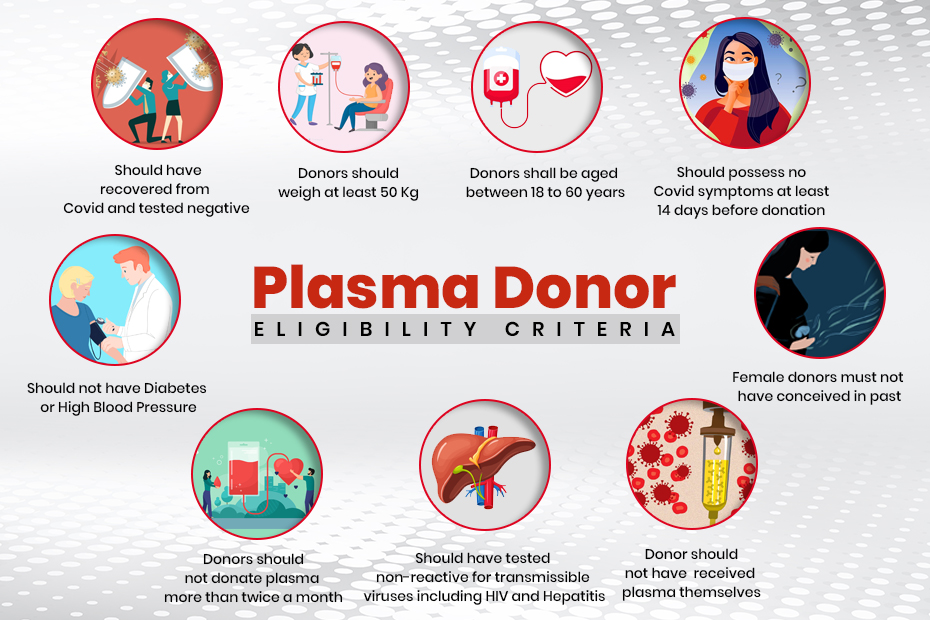The Benefits of Plasma Donation
At [Your Company Name], we believe in the power of plasma donation and its numerous benefits. Plasma, the liquid part of our blood, plays a crucial role in saving lives and improving the health of individuals in need. In this article, we will explore the various advantages of plasma donation and why it is a noble act that can make a significant impact on society.
Lifesaving Potential
One of the most remarkable benefits of plasma donation is its lifesaving potential. Plasma-derived medications are used to treat a wide range of medical conditions, including immune deficiencies, hemophilia, burns, and certain neurological disorders. By donating plasma, you directly contribute to the production of these life-saving medications, helping patients around the world regain their health and well-being.
Humanitarian Act
Plasma donation is a humanitarian act that allows you to make a positive difference in the lives of others. By giving a small portion of your plasma, you are providing hope to individuals who rely on plasma-derived medications for their survival. Your generosity can bring comfort to families and communities, knowing that there are individuals like you who selflessly give to help others in need.
Health Benefits for Donors
While the primary focus of plasma donation is to help others, it also offers health benefits for donors. Regular plasma donation can stimulate the body to produce new plasma cells, which can improve overall blood circulation and enhance the immune system. Additionally, plasma donation often includes a thorough health screening, allowing you to monitor your health and well-being regularly.
Financial Compensation
Aside from the altruistic reasons to donate plasma, many donation centers offer financial compensation to donors. This compensation can vary depending on factors such as location and demand. While financial gain should not be the sole motivation for plasma donation, it can serve as an additional incentive for those who may be facing financial challenges.
Environmental Impact
Plasma donation also has a positive environmental impact. Plasma-derived medications are often produced using a fractionation process, which involves separating plasma proteins. This process reduces waste and allows for the efficient use of resources, minimizing the environmental footprint associated with medical treatments.

In conclusion, plasma donation offers numerous benefits to both recipients and donors. By donating plasma, you have the power to save lives, make a positive impact on society, and even improve your health. Your generosity and compassion can help individuals in need regain their quality of life. At [Your Company Name], we encourage everyone to consider plasma donation as a noble and impactful way to contribute to the well-being of others.
Frequently Asked Questions about the Benefits of Plasma Donation
1. What are the benefits of donating plasma?
Donating plasma can help save lives by providing essential proteins to patients with certain medical conditions.
2. Can I get paid for donating plasma?
Yes, many plasma donation centers offer compensation for your time and effort.
3. Are there any health benefits for the donor?
While the primary benefit is helping others, donating plasma can also lead to a sense of fulfillment and pride in making a difference in someone’s life.
4. How often can I donate plasma?
The frequency of plasma donation depends on the regulations of the donation center. Typically, you can donate plasma every 28 days.
5. Are there any risks involved in plasma donation?
Donating plasma is generally safe, but there may be minor side effects like bruising, dizziness, or dehydration. These are usually temporary and resolve quickly.
6. Can I donate plasma if I have a medical condition?
It depends on the specific medical condition. Some conditions may prevent you from donating, while others may not be a concern. It’s best to consult with the donation center or your healthcare provider.
7. How long does a plasma donation take?
The actual donation process usually takes around 1-2 hours, including the screening and recovery time.
8. Can I donate plasma if I am taking medications?
It depends on the medications you are taking. Some medications may disqualify you from donating, while others may not be a concern. Check with the donation center for specific guidelines.
9. Can I donate plasma if I have recently traveled?
Recent travel may affect your eligibility to donate plasma, especially if you have visited areas with high-risk diseases. Inform the donation center about your travel history for guidance.
10. Can I donate plasma if I have tattoos or piercings?
In most cases, having tattoos or piercings does not disqualify you from donating plasma. However, there may be a waiting period after getting a new tattoo or piercing before you can donate.




